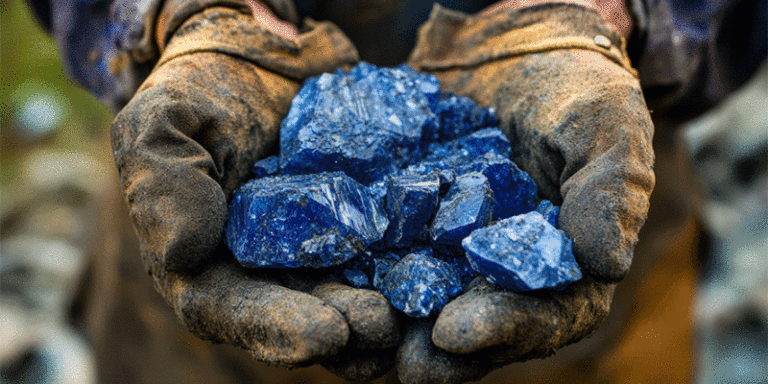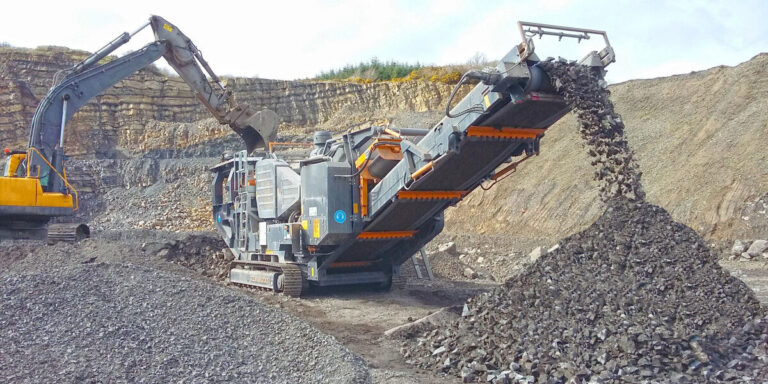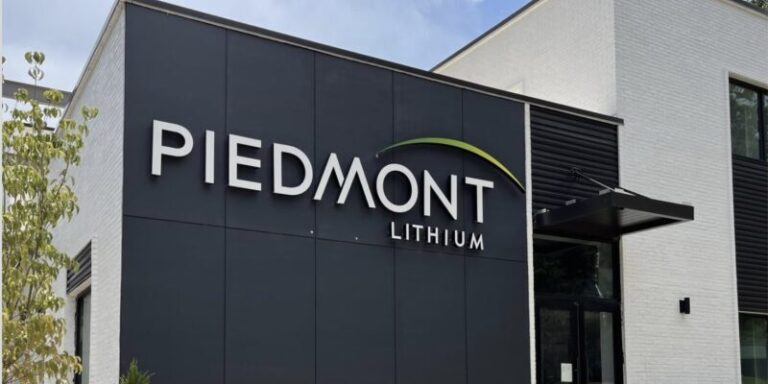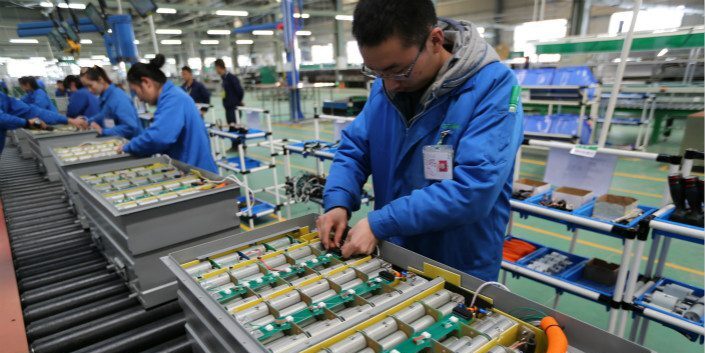
Jupiter Mine’s five-year strategy remains well-aligned with its long-term goals, despite potential short-term challenges posed by market conditions and geopolitical shifts, according to MD and CEO Brad Rogers.
Rogers emphasized that the strategy, originally developed in March 2023, is still highly relevant and is progressing as planned. “All elements of our strategy are progressing well, and we have shared some of the non-confidential aspects of this work in today’s update,” he stated in a January 30 release to shareholders.
The company’s strategy for the period between the 2024 and 2028 financial years is focused on efficiency, growth, environmental, social, and corporate governance (ESG), and electric vehicle (EV) batteries.
One of the key initiatives is the Tshipi manganese mine, a subsidiary of Jupiter, which is working to enhance logistics efficiency.
By securing additional rail capacity on a tactical basis, Tshipi aims to reduce its reliance on road haulage, lowering logistics costs and improving operational efficiency. The company also sees the potential to lease Transnet Freight Rail sidings in Upington for better access to rail infrastructure.
Through the Manganese Producers Consortium (MPC), Tshipi is partnering with various stakeholders to increase manganese export capacity allocation (MECA) for South African manganese producers.
A study has also been initiated to upgrade axle loads between Hotazel and Haakbosleegte, further boosting rail capacity through Saldanha Bay.
Tshipi continues to explore partnerships with road haulage providers to optimize services when rail capacity is exceeded.
The company is also advancing a transshipment project at the Port of Lüderitz, in collaboration with Tradeport Namibia. This initiative aims to enable larger vessels to be loaded at anchorage, reducing freight costs.
In 2024, Tshipi expanded its export network, adding East London to its ports, becoming the first manganese producer to export through eight Southern African commercial seaports.
As part of its growth strategy, Jupiter is exploring several unique opportunities in the South African manganese mining sector.
These opportunities are being evaluated based on their strategic fit, growth potential, and value creation, with a focus on low-risk environments and attractive investment returns.
On the electric vehicle front, Jupiter has completed an EV scoping study in 2024, demonstrating a strong business case for producing high-purity manganese sulphate monohydrate (HPMSM).
The company’s key advantages include access to high-quality manganese ore, strong cash flow for project development, and established investor relationships.
Strategic benefits of the HPMSM project include vertical diversification of Jupiter’s business, optimized use of ore resources, and continued commitment to ESG principles.
The company is also advancing a prefeasibility study, with current efforts focused on technical and customer streams.
In terms of ESG, Jupiter has completed a study on implementing a more cost- and carbon-efficient power generation solution at Tshipi.
The study found a positive business case for implementing solar power, but the project’s timing will depend on improvements in technology, grid reliability, and competition.
Rogers concluded, “A key aspect of our approach is recognizing that some elements of the strategy require the right market conditions for execution.
Our focus is on preparing the groundwork to ensure we are well-positioned to act decisively when conditions are optimal.”
He also added that the company is advancing study work without committing significant resources, ensuring readiness to capitalize on future market demand.
“I look forward to updating the market as we continue to deliver on our objectives,” Rogers said.





